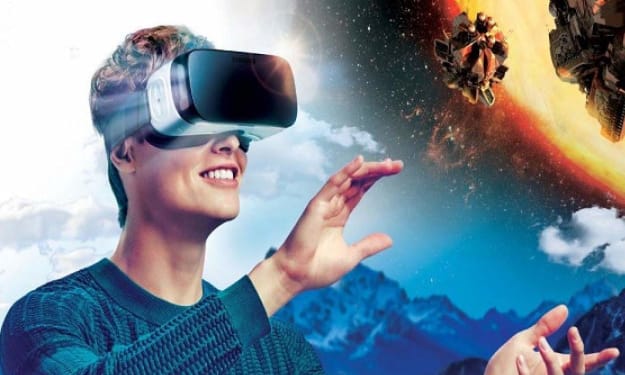
Language is a fundamental aspect of human communication. It is through language that we can express our thoughts, feelings, and ideas, and connect with others. Over the course of human history, language has evolved and changed, influenced by cultural, technological, and societal factors. Today, we are at a unique moment in the evolution of language, as technology has opened up new possibilities for communication and connection. In this article, we will explore the evolution and history of human languages, and consider the implications for the future of communication.
The origins of human language are a matter of debate among scholars. Some argue that language emerged relatively recently in human history, while others suggest that it may have evolved over a longer period of time. One theory is that language emerged as a tool for cooperation and coordination among early humans, allowing them to hunt, gather food, and defend themselves more effectively. Over time, language became more complex, as humans developed the ability to express abstract concepts and engage in more sophisticated forms of communication.
As human societies evolved and diversified, so too did their languages. Today, there are over 7,000 languages spoken around the world, each with its own unique grammar, vocabulary, and syntax. Some languages, such as Chinese and Arabic, have long histories and large numbers of speakers, while others are spoken by only a few thousand people in remote regions of the world. Many languages have been influenced by other languages, through migration, trade, colonization, and other factors. For example, English has borrowed heavily from Latin, French, and German, and has become a dominant language in many parts of the world.
The development of writing systems has also had a profound impact on the evolution of language. Writing allows for the preservation and transmission of knowledge and ideas across generations and geographic boundaries. It has also led to the standardization of many languages, as grammar and spelling rules are established and enforced. However, writing can also have a homogenizing effect on language, as regional dialects and variations may be lost over time.
The spread of technology and globalization has brought new challenges and opportunities for language. On the one hand, it has made it easier than ever before to communicate across borders and barriers, through social media, email, video conferencing, and other tools. This has led to increased cultural exchange and collaboration, and has helped to break down barriers between different societies. However, it has also led to the dominance of certain languages, particularly English, in many parts of the world. This has created a digital divide, where those who are not fluent in English may be left out of important conversations and opportunities.
In response to these challenges, there has been a growing interest in preserving and promoting linguistic diversity around the world. UNESCO, for example, has designated 2019 as the International Year of Indigenous Languages, in an effort to raise awareness of the many languages that are at risk of disappearing. In addition, there are a number of initiatives and organizations that are working to promote multilingualism and language education, particularly in developing countries.
Looking to the future, it is clear that technology will continue to play a major role in the evolution of language. The rise of artificial intelligence, for example, may lead to new forms of communication that are not reliant on spoken or written language. Augmented reality and virtual reality may also create new opportunities for communication and connection, through immersive experiences that transcend language barriers.
In conclusion, the evolution and history of human languages is a fascinating and complex topic, with far-reaching implications for the future of communication. As we continue to develop new technologies and connect with people from around the world, it is important that we remain mindful of the role that language plays in shaping our thoughts, beliefs, and identities. By embracing linguistic diversity and promoting multilingualism, we can help to create a more inclusive and connected world, where all voices can be heard and all ideas can be shared. This will require a concerted effort on the part of governments, educators, and individuals, to ensure that everyone has access to language education and opportunities for communication.
At the same time, we must also be mindful of the ways in which language can be used to exclude or marginalize certain groups. Language can be a powerful tool for creating community and building solidarity, but it can also be used to reinforce social hierarchies and perpetuate discrimination. By recognizing the power of language, and by using it responsibly and ethically, we can create a more just and equitable society.
In conclusion, the evolution and history of human languages is a rich and complex topic, with many implications for the future of communication. From the origins of language to the spread of technology, language has been shaped by a wide range of factors, and has played a central role in human culture and society. As we look to the future, it is clear that language will continue to evolve and adapt, as we seek new ways to connect and communicate with one another. By embracing linguistic diversity and promoting multilingualism, we can help to create a more inclusive and connected world, where everyone has a voice and a place.





Comments
Irfan is not accepting comments at the moment
Want to show your support? Send them a one-off tip.